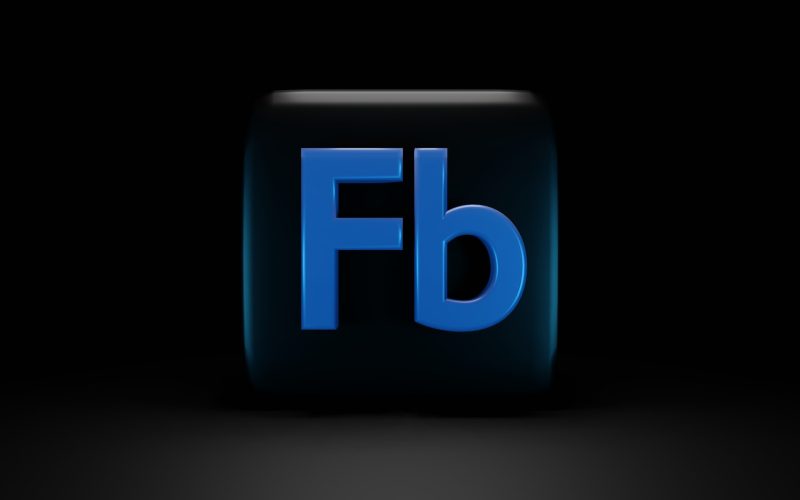In a major development for social media giant Facebook, the company has agreed to pay $725 million to settle a lawsuit alleging violations of users’ privacy rights. The settlement, which was announced in February 2021, marks the largest-ever payout for a privacy violation case in the United States.
The lawsuit, filed in 2015, accused Facebook of using facial recognition technology on users’ photos without their consent. Specifically, the suit claimed that Facebook violated the Illinois Biometric Information Privacy Act (BIPA), which requires companies to obtain written consent before collecting biometric data, including facial recognition data.
The settlement covers roughly 1.6 million Illinois Facebook users who could be eligible for compensation of between $200 and $400 each, depending on how many individuals file claims. Facebook also agreed to change its facial recognition practices to comply with BIPA and to provide more transparency around the use of biometric data.
The settlement has been hailed as a major victory for privacy advocates, who see it as a sign that companies like Facebook will be held accountable for violations of users’ privacy rights. However, some critics argue that the settlement amount is too small given the scale of Facebook’s privacy violations.
Facebook’s use of facial recognition technology has been controversial for years, with critics arguing that it represents a significant threat to users’ privacy. The technology works by scanning photos uploaded to Facebook and matching them against a database of faces, allowing Facebook to identify users in photos even if they haven’t been tagged.
In addition to the Illinois lawsuit, Facebook has faced scrutiny over its facial recognition practices in other jurisdictions, including the European Union, where regulators have taken a more aggressive approach to privacy regulation.
Facebook’s settlement comes amid a broader debate over the role of social media platforms in society and their responsibility to protect users’ privacy. In recent years, concerns about data breaches, cyberbullying, and the spread of misinformation have prompted calls for increased regulation of social media companies.
The settlement also highlights the challenges of regulating emerging technologies like facial recognition, which are often difficult to understand and regulate effectively. While facial recognition technology has the potential to be used for a wide range of purposes, from law enforcement to marketing, it also raises serious concerns about privacy and surveillance.
As the use of facial recognition technology becomes more widespread, it is likely that we will see more lawsuits and regulatory actions aimed at protecting users’ privacy. While the Facebook settlement is a step in the right direction, it is clear that much more work needs to be done to ensure that emerging technologies are used in a way that is transparent, ethical, and respectful of users’ privacy rights.










